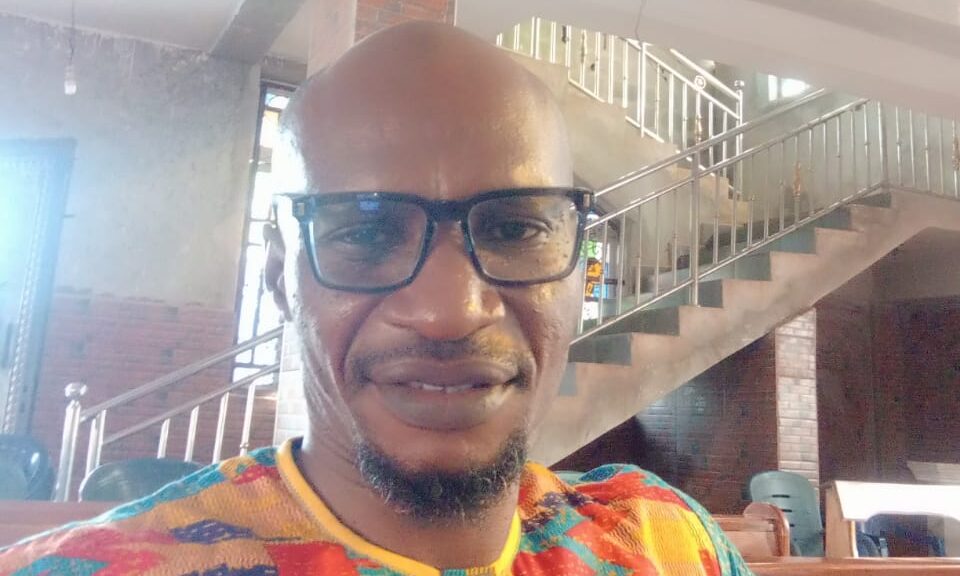It was January 1970, the smoke still curling over towns that once hummed with laughter. The war was over, but peace wasn’t the kind that shook your hand and said, “Welcome home.” No — this peace had a smirk on its face and something hidden behind its back.
The Eastern men were back in Nigeria now, their pockets filled with stories and currency that belonged to a country that had just died — the Biafran pound. They walked into banks with the swagger of men who had once owned something, believing the doors would open to their pre-war fortunes like a woman running into her lover’s arms.
But the man behind the ledger was no fool. His name was Obafemi Awolowo, the Federal Commissioner for Finance — cool, calm, and razor sharp. He had a desk piled with papers, a pen that never trembled, and a mind that counted every shilling like it was his firstborn child.
They came to him, these men from the East, with their faded bank passbooks and the quiet desperation of people who had survived hell and thought money would buy them back their lives. Awolowo looked at them, and the policy came down like the final click of a revolver in a back-alley deal.
“No matter what you had before… you get twenty pounds.”
Twenty. Just enough to rent a tiny room, buy a couple of suits, and maybe a bicycle if you bargained hard. Whether you were a king in your past life or a man who owned nothing but dreams — twenty was all you got.
The Eastern streets buzzed with it. Some said it was genius — a move to save the economy from counterfeit floods and false claims. Others swore it was a silent bullet aimed at the Igbo spirit, a way to keep them crawling while others walked.
And somewhere in the middle stood Awolowo, the man with the pen and the policy, smiling that politician’s smile — the kind that says, Don’t hate the player, hate the game.
History never forgot. In the Southeast, the words “Twenty Pounds” still taste like iron on the tongue. In the West, some call it foresight. In the cold ledger of economics, it was numbers. In the warm blood of human lives, it was survival — or a sentence.
It was the kind of policy that made you ask:
Was it about saving Nigeria’s purse… or about closing someone else’s?



